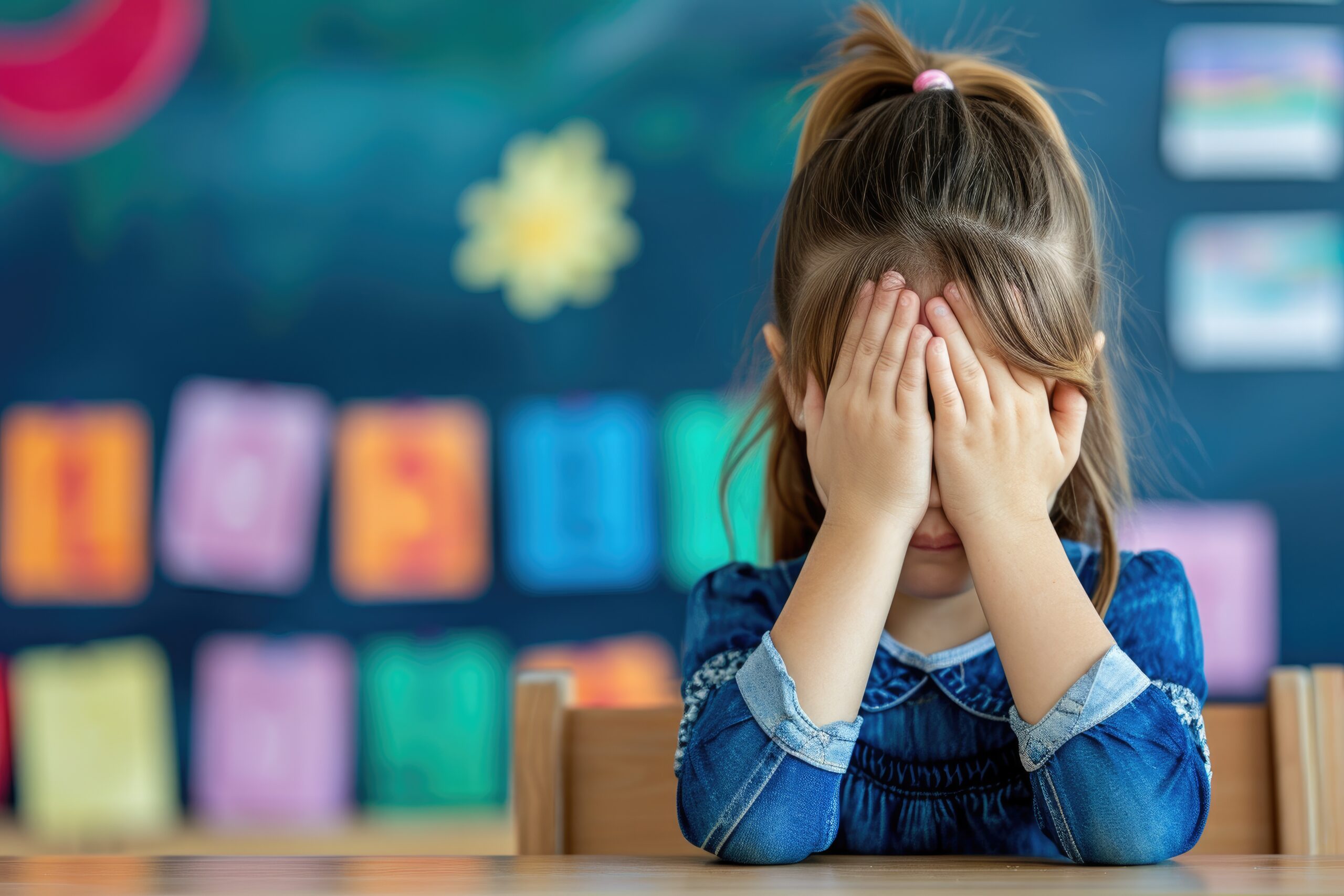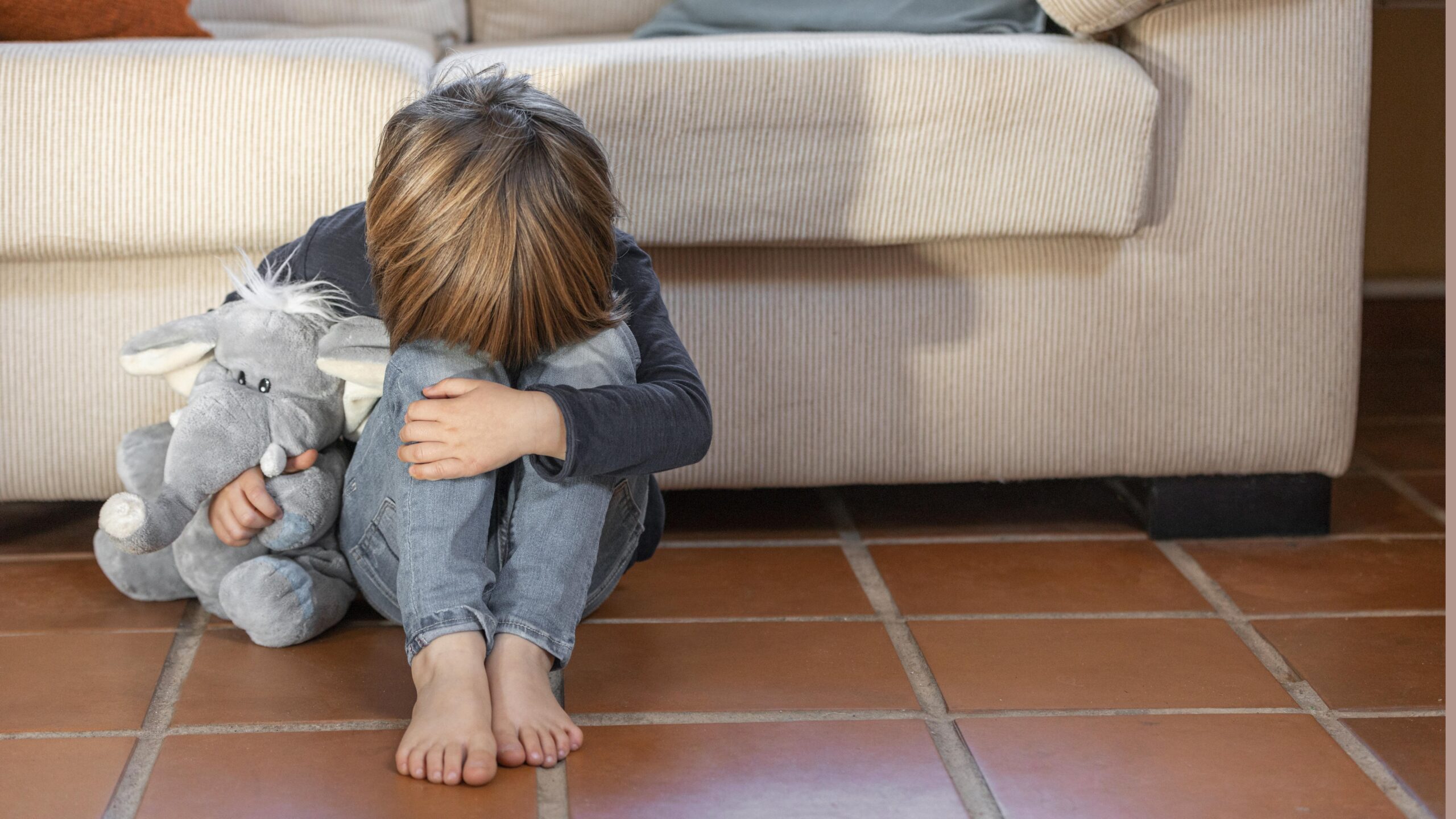
Back to School…Back to Tackling Children’s Performance Anxiety
The beginning of the school year comes with a mix of excitement and anxiety for most families. Some children thrive in the novelty of beginnings (new peers, new teachers, new routines, higher academic and social expectations), while others experience beginnings as uncertainty stress. We as caregivers may add to their anxiety as we feel the stress of witnessing them struggle, in addition to our work or personal stress. Read on for resources to support children!
Elementary school children with cautious temperaments tend to have an increase in performance anxiety internally, which they externalize as emotional meltdowns, clinging to parents, hesitation to participate in recreational activities, some degree of school refusal, and sleep and appetite issues. For the younger kids transitioning from preschool to kindergarten, regression to toilet accidents, crying and tantrums can occur. These symptoms are common for the first month of school, yet concerning if they prevail for longer.
We caregivers focus on the logistics of daily school schedules, while we might ignore the additional emotional load on our children. A new school year marks the end of the relaxed/fun summer schedules, the beginning of extra-curricular activities, a higher expectation of performance in both academic and recreational activities; and overall, the constant hustle of busy schedules. The mental health consequences of the over-achievement culture have been well documented (*Wallace, 2023); for both parents and children who feel trapped by excessive pressure to achieve in order to keep up with the pervasive cultural value of competition.

Performance anxiety is intertwined with separation anxiety in early childhood, as supportive parents provide the emotional safety that they need in times of stress. Most elementary school age children have internalized the cultural expectation of coping with performance pressure on their own with minimal hep from parents, and tend to show other forms of anxiety; such as perfectionism, fears, obsessive thoughts, compulsions, nightmares and tics.
Resources are available! In previous blogs I offered my recommendations for parents to respond to young children during school anxiety and performance anxiety; and my videos and handouts demonstrate fun play-based techniques to support children with challenging behaviors and feelings . When symptoms persist in spite of consistent parent support, we all deserve the help of a therapist to build new coping skills for the new life stages!
P.S. I am a trained provider of SPACE (Supportive Parenting for Anxious Childhood Emotions), the evidence-based treatment for child anxiety from Yale University.
*Wallace, J.B. (2023). Never Enough. When Achievement Culture Becomes Toxic—and What We Can Do About It. Book published by Penguin.
